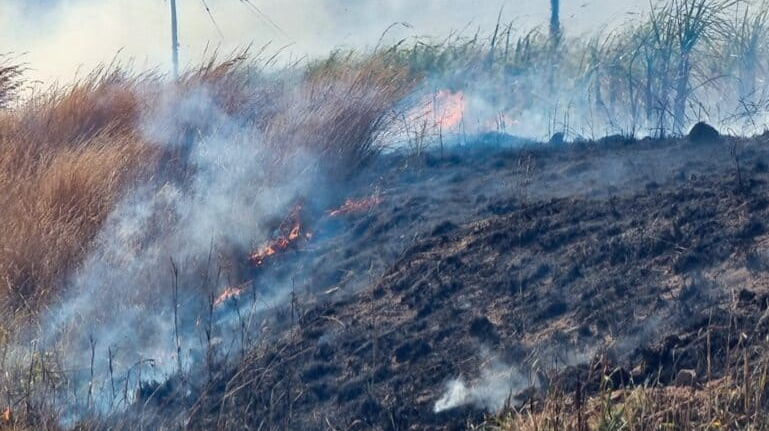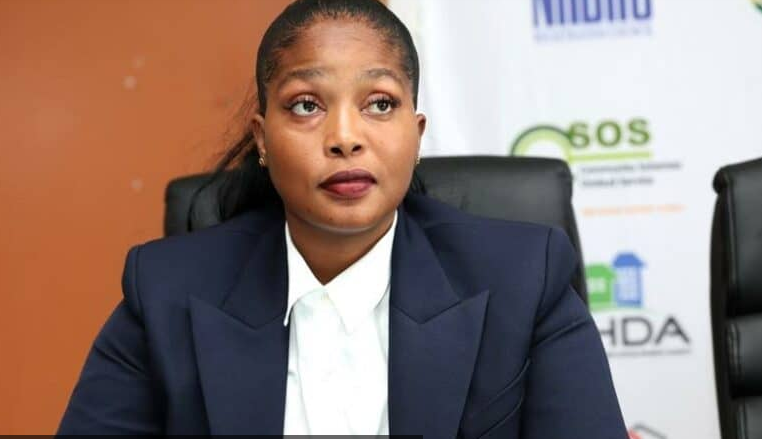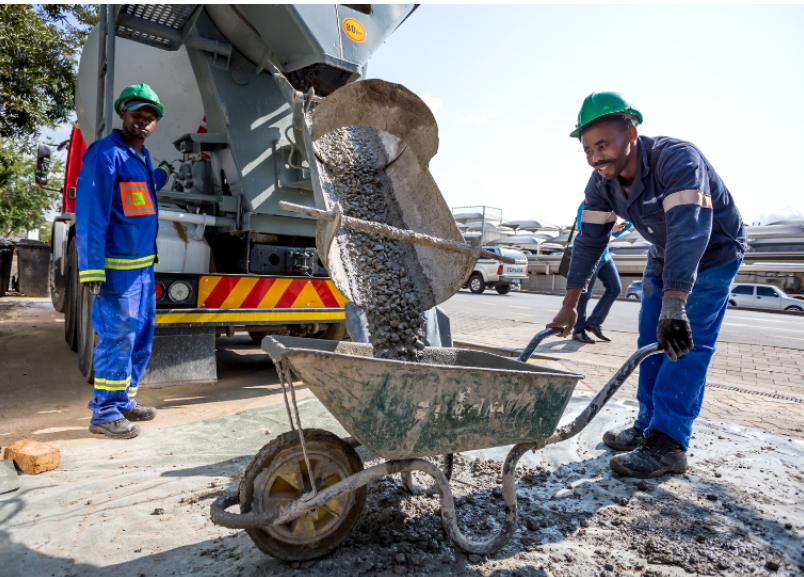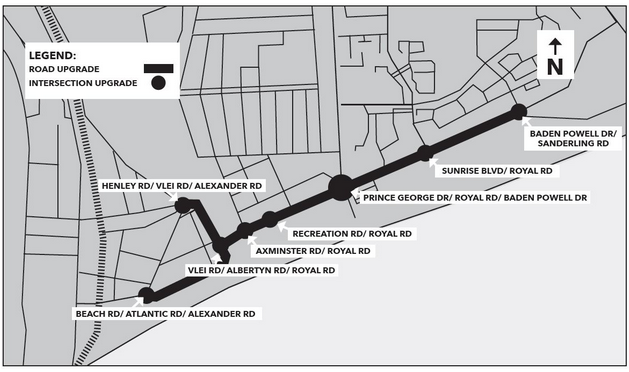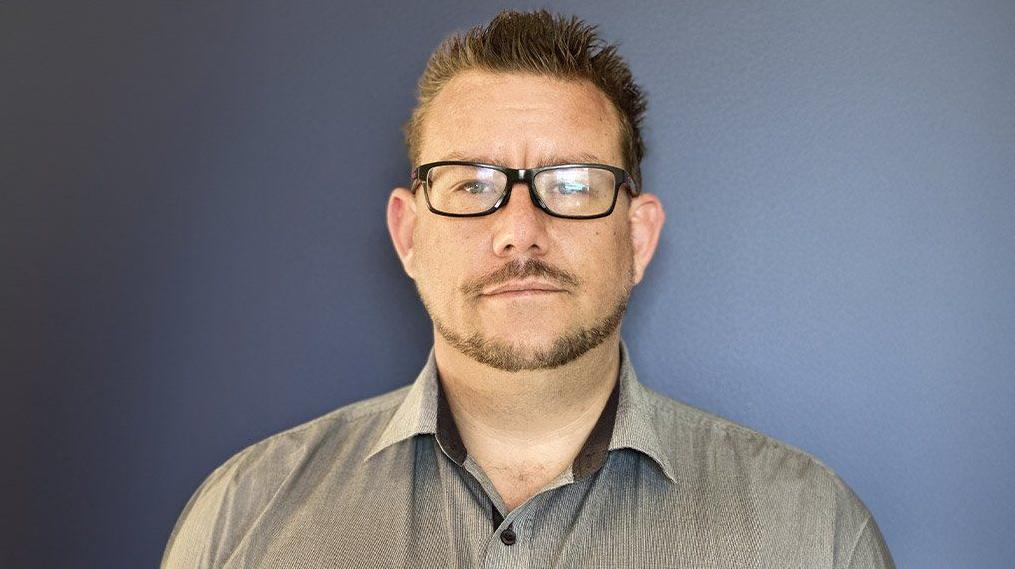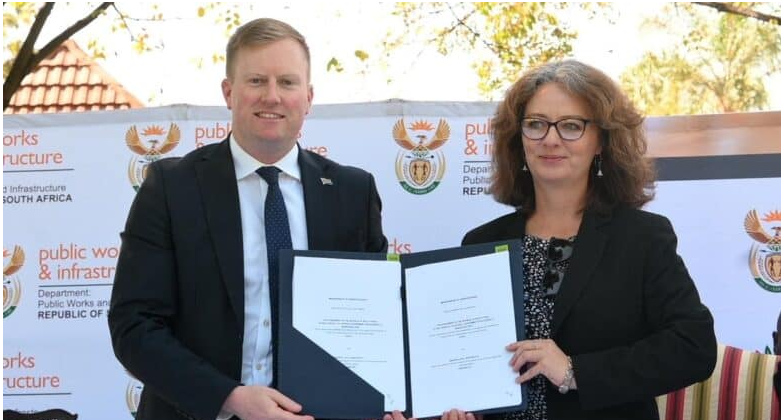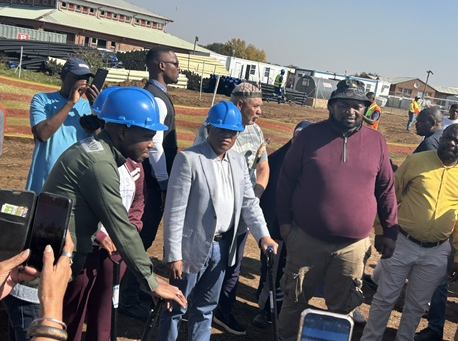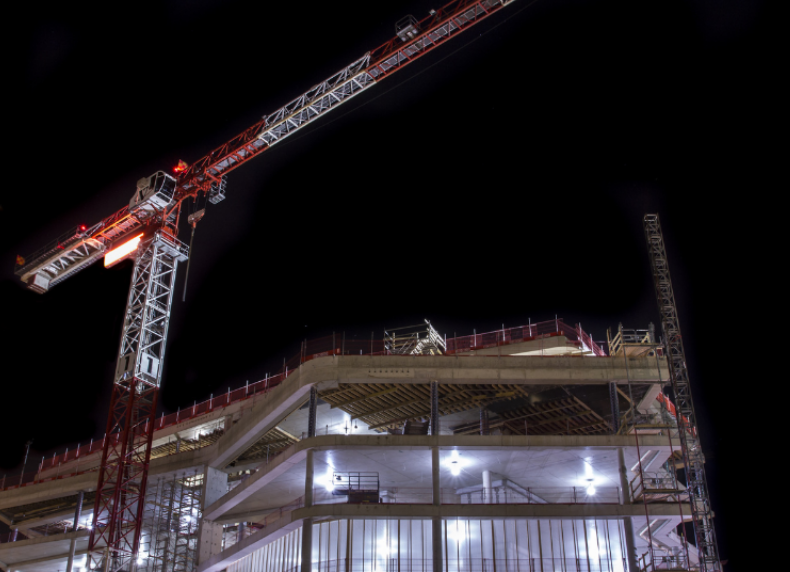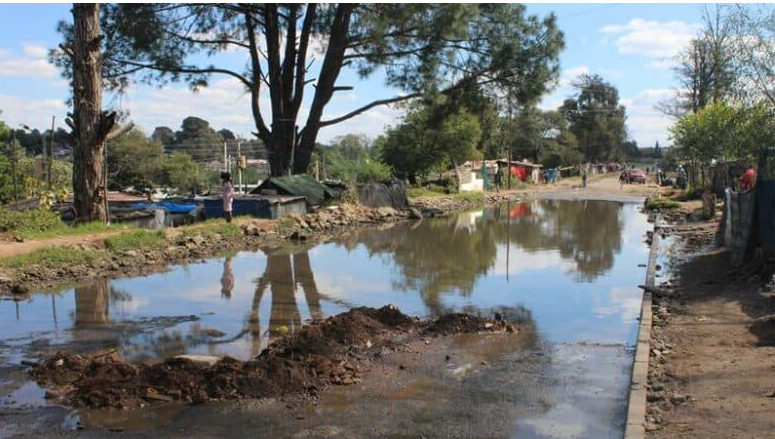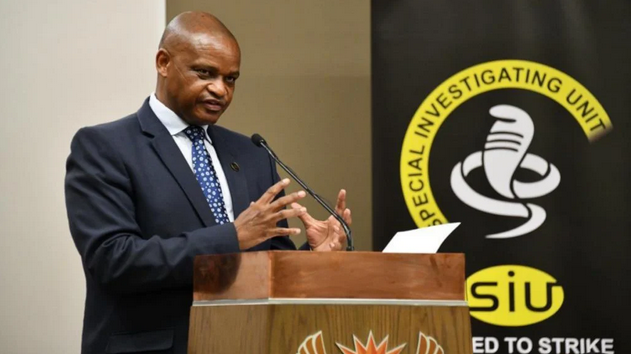Fracking up the Karoo
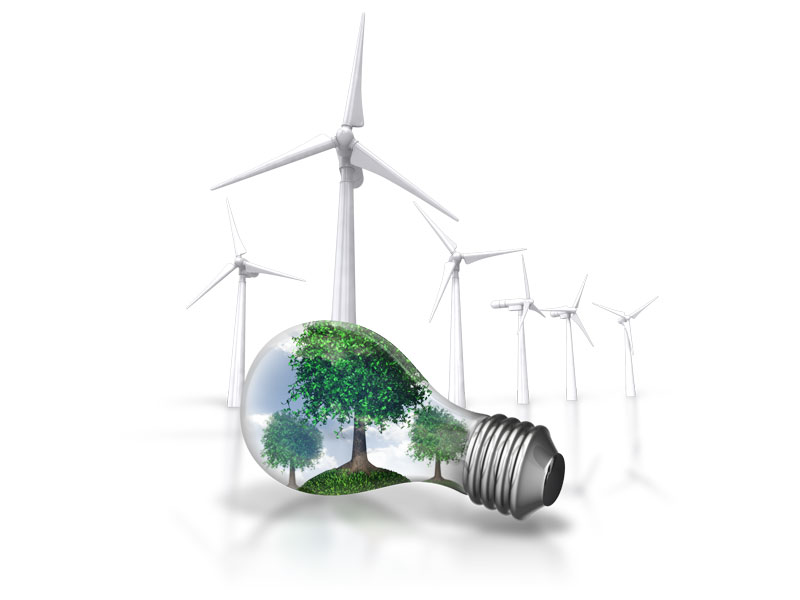
21-02-2011
Read : 132 times
Carte Blanche
plains for camdeboo, part of the vast karoo hinterland, where dinosaurs once roamed, are under threat. 200 000 square kilometres, a massive 15% of south africa's total land mass, is up for grabs for exploration to extract natural gas, trapped in the shale formation of the karoo basin.
behind the plans - three oil companies: royal dutch shell, falcon oil and gas and bundu oil & gas.
karoo residents are angry. they may own their land, but according to south african law they don't own the minerals that lie beneath them.
hrh princess irene of the netherlands: "well it's an absolute shock; i call it 'shell shock'. i mean, just that someone can pop up and say, 'this now what we are going to do.' well, i feel very much part of the community here saying, 'this is not possible. you cannot destroy this part of the earth. it's too vulnerable, it's too beautiful, it's too clean and there are so few places still on the earth that have this quality.'"
princess irene, sister of queen beatrix of the netherlands, farms near nieu-bethesda and has joined locals like douglas stern, a fourth generation karoo farmer, in opposing the proposed exploration.
bongani bingwa (carte blanche presenter): "are you concerned about that?"
douglas stern (sneeuberg farmers association): "yes, very definitely. i would be pretty naive if i wasn't because if that happens, it's the end of our livelihood, not only ours, but all the people we employ as well."
hydraulic fracturing - 'fracking' - is a mining technique developed in the united states which releases natural gas trapped in shale. these pictures show horizontal drilling in the united states. it allows the shale layer to be penetrated for kilometres underground. underground explosions then fracture the shale, and by injecting water, sand and highly toxic chemicals at high pressure, gas is released. but it's a controversial method of mining and has major environmental side effects, still under investigation in the us.
bongani: "you know the more we spoke to people it became very quickly apparent to us that there are no experts on fracking or its impacts in south africa. so in a video conference call with civil engineering professor anthony ingraffea at cornell university in the united states we found some answers."
prof anthony ingraffea (cornell university): "the hydraulic fracturing process has to be done on a very large scale. it takes upwards of 25 million litres of water and chemicals to perform this hydraulic fracturing process. that 25 million litres of water is for one well - there could be many wells... 6, 8, 10, 12, 16 wells drilled from one spot."
just one hydraulic fracture uses the same amount of water as the town of graaff-reinet would use in about three days. but water consumption isn't the only issue in this arid region: fracking chemicals are also very toxic, and not all of them can be brought to the surface and safely disposed of.
prof ingraffea: "thousands of wells over a very short time... the probability of there being accidental spills, leaks from pipelines, leaks from valves, breakage in compressor stations, overturned trucks, leaking tanks, all these things happen. those spills can lead to contamination of surface waters."
bongani: "this dam, which is the main source of water supply for the town of graaff-reinet, has been known to empty in times of severe drought. so, it is not just the farmers who depend on the underground aquifers - it is also the towns."
shell has proposed using seawater, or brackish water from aquifers, as one of the ways of addressing this massive water requirement.
prof ingraffea: "one cannot directly use seawater in hydraulic fracturing because - it is too salty. it does not work well with the other chemicals that have to be added to the water for the hydraulic fracturing process to work."
it's quite possible that the toxic fracking water left in the shale could contaminate the surface aquifers. and worse: there is no legislation currently that regulates fracking.
graaff-reinet lawyer derek light represents farmers in the area, including princess irene and billionaire johann rupert, and a growing number of interested parties. he successfully opposed the last two exploration applications by bundu oil & gas and says the legal process is failing us.
applicants have 120 days to inform and consult the public and come up with an environmental management plan for a technique no-one fully understands. but the public, spread out on isolated karoo farms, have only 30 days to respond. he says none of the three companies is giving the public the full facts.
derek light (attorney, graaff-reinet): "bundu's applications says, and as a consequence also its emp, that the drilling rig will be brought to the site on a low-bed vehicle and there will be a couple of support vehicles. that is the vehicle impact. so what does the emp - the environmental practitioner - say? impact low. rubbish! there is enough steel piping that is in excess if you were to take the length of 10 times the height of the empire state building. and, for goodness sake, tell your environmental practitioner so she can deal with it in her eia programme because it is going to have an impact on the roads, it is going to create dust, it is going to leave a carbon footprint that would scare anyone. and they say, 'no need for an eia!'"
bongani: "if the proposed plans go ahead this entire landscape will be dotted with wells all over the place and it may never be the same again."
prof ingraffea: "so if you can envision over a relatively large area thousands of wells - each of which has its own pipeline going to some central location... roads, pipelines, compressor stations, noise, dust, air pollution, light pollution, noise pollution... you have to get used to it and accept it, or not."
princess irene: "we know they will take all the precautions to do their utmost not to pollute the water and not to pollute the earth, but there is always a risk. and we have seen in the gulf of mexico and we have seen in nigeria."
american environmental health analyst, dr theo colburn, says in this us documentary that most chemicals used in fracking fluid are harmful, causing a myriad of disorders.
["spilt estate"] dr theo colburn (environmental health analyst): "for people who are telling you that these products are safe, first ask them what they have been trained in, two, find out who is paying their salary and, third, as actually hand them a real glass of something that you have taken from an evaporation pond and ask them to drink it."
bongani: "gas extraction companies say they can't disclose the list of chemicals used in the fracking fluid because that would be revealing proprietary knowledge thus exposing the trade secrets to their rivals. so none of the questions posed to environmental groups were adequately answered. so we spoke to greg guildry who is the executive vice president of shell europe hoping he would reveal more."
greg guildry (shell executive vice president, europe): "we are more than happy to disclose all the various chemical that are used. so shell supports that disclosure. we do not own the rights to the chemicals because in many cases it the service provider that owns the intellectual property rights."
prof ingraffea: "the companies obviously are not going to be as open and as transparent and as forthright as you would want them to be; it is not in their culture, it is not in their best business interests to let people know what the risks are."
we sent professor ingraffea shell's public participation notice.
prof ingraffea: "what they are saying here when they use the word 'exploration' is somewhat different than what would normally be thought. in this case: 'well, we are going to drill a couple of holes in the karoo and see if we find gas.' what they are really exploring is which technologies are most likely to be the most effective in the karoo. so it is not an exploration for gas - what they are announcing here is an exploration of technologies."
greg: "we are not applying to drill in april, we are asking for approval for an environmental management plan and we are committed not to drill until we get a satisfactory impact assessment done."
in a letter to shareholders, bundu gas says although public pressure resulted in its second application being declined, they've secured another, larger exploration right. we called peter price, director of bundu oil & gas and partner of australian company, sunset energy.
bongani: "well we are a television programme as you would appreciate and we would obviously you know."
[on phone] peter price (bundu gas & oil): "i understand it, but please understand my own privacy. i do not wish to do that, okay?"
bongani: "so you do not wish to receive your right to respond to these things? he put the phone down, he won't talk, he won't discuss it, i can send an email, but outside of that 'respect my privacy please' and he actually put the phone down."
falcon oil & gas, a canadian company, told us it had submitted an environmental management programme through its local consultant. but this still doesn't appease derek light and his clients.
derek: "the process provided for and the manner in which it is being dealt with is to say the least irresponsible and should be put a halt to. and, bongani, i cannot think of a single event in this country, from an environmental point of view, that screams out for a public enquiry where a panel of experts can be appointed to do this."
we asked petroleum agency sa ceo, mthozami xiphu, the government regulator, if this was possible:
mthozami xiphu (ceo: petroleum agency sa): "well, the 120 days will not suffice for this so hold this back. i will have to say to you i can only work within the confines of the law at this stage, so i cannot allocate periods given by the law. but would i participate in that sort of thing? yes, i think that would be great."
bongani: "wait and see doesn't really settle it."
xiphu: "yes, we have to wait to see, but the public must not wait and see. they must bombard bundu, shell, falcon oil... everybody who is an applicant because that assists us to raise these questions."
all the applicants claim natural gas will alleviate south africa's energy problems and that it will benefit the impoverished karoo. impoverished? the karoo produces the most natural fibre of any farming region in the world, and more red meat that any other part of the country. the gas will be exhausted in 10 to 15 years - the karoo may never be the same again...
bongani: "he has been involved in the development of the fracking process for over 25 years, he has been appointed by the us government on the board that is investigating fracking. what would prof ingraffea advise in south africa."
prof ingraffea: "my first word: wait. weigh the benefits and the costs, risk to environment and human health, depreciation of land value, change of local culture, change of local land use, destruction of natural beauty. my choice would be to not pursue development of gas from an unconventional source such as shale. it is a non-renewable resource."
doug: "we want to do our level best to make sure that they don't even get out of the starting blocks."
princess irene: "this enormous cry for a voice in tunisia and this enormous cry to have a voice for the people in egypt, but who is representing the voice of the earth?"
Recent News
Here are recent news articles from the Building and Construction Industry.
Have you signed up for your free copy yet?
